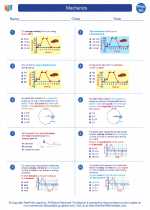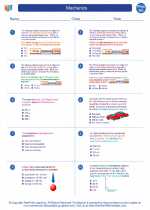The Brain
The brain is a complex and vital organ that serves as the center of the nervous system in all vertebrate and most invertebrate animals. It is responsible for controlling bodily functions, processing sensory information, and allowing for higher cognitive functions such as thinking, learning, and memory.
Anatomy of the Brain
The human brain is divided into several parts, each with specific functions:
- Cerebrum: Responsible for higher brain functions such as thought and action.
- Cerebellum: Coordinates voluntary movements and balance.
- Brainstem: Regulates basic bodily functions such as breathing and heartbeat.
- Thalamus: Acts as a relay station for sensory information.
- Hypothalamus: Regulates body temperature, hunger, and thirst.
- Limbic System: Involved in emotions and memory formation.
Functions of the Brain
The brain carries out a wide range of functions, including:
- Processing sensory information from the environment.
- Controlling voluntary and involuntary movements.
- Regulating bodily functions such as heart rate and breathing.
- Supporting cognitive processes such as learning, memory, and problem-solving.
- Emotional regulation and response to stimuli.
Study Guide
To understand the brain in more depth, consider the following study guide:
- Learn about the different regions of the brain and their functions.
- Study the structure and function of neurons, the basic building blocks of the brain.
- Explore the role of neurotransmitters in brain function and communication.
- Understand how the brain develops from infancy through adulthood.
- Examine the effects of brain injuries and diseases on brain function.
[Brain] Related Worksheets and Study Guides:
.◂Physics Worksheets and Study Guides High School. Mechanics
The resources above cover the following skills:
Core Ideas for Knowing Science
Physical Science
Changing the movement of an object requires a net force to be acting on it.



